Names such as Kelly, Murphy, O’Brien, and Ryan are distinctively Irish and are widely known to be. However, there are many other names that are Irish – but far less obviously so. Names such as Holland, King, Waters, Rabbitte, Woods, Smith, Kidney, Bird, Salmon, Moore, Traynor, Moss, Fox, Dean, and many others can be of Irish origin due to some strange evolutions of language and phonetics, which are described below.
Irish names are basically of three types. There are the Gaelic names, most of which would originally have been prefixed by an “O” or a “Mac,” and are now usually anglicized into a close derivation of their Gaelic form (but not always, as we will see); and the Norman names, which were introduced into Ireland after the 12th-century Norman invasion. These are commonly characterized by the prefix “De” or “Fitz” (“son of” from the French fils). Names like Delany and Fitzgerald are very characteristically Irish, although their origins are not.
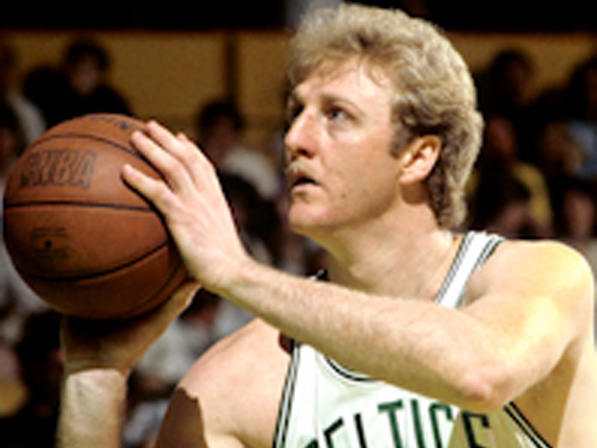
Finally there are the names derived from the other peoples who were introduced into Ireland at various times. Most numerous of these, of course, are English names introduced during various plantations and otherwise. These are mainly found in the north of Ireland, which was the most extensively planted, but are also found throughout the entire island. There are also Palatine names (from a small plantation with German settlers from the Rhine Palatine) such as Shouldice, Switzer, and Ruttle; and Huguenot names (of French origin) such as Lefanu, Lefroy, etc.
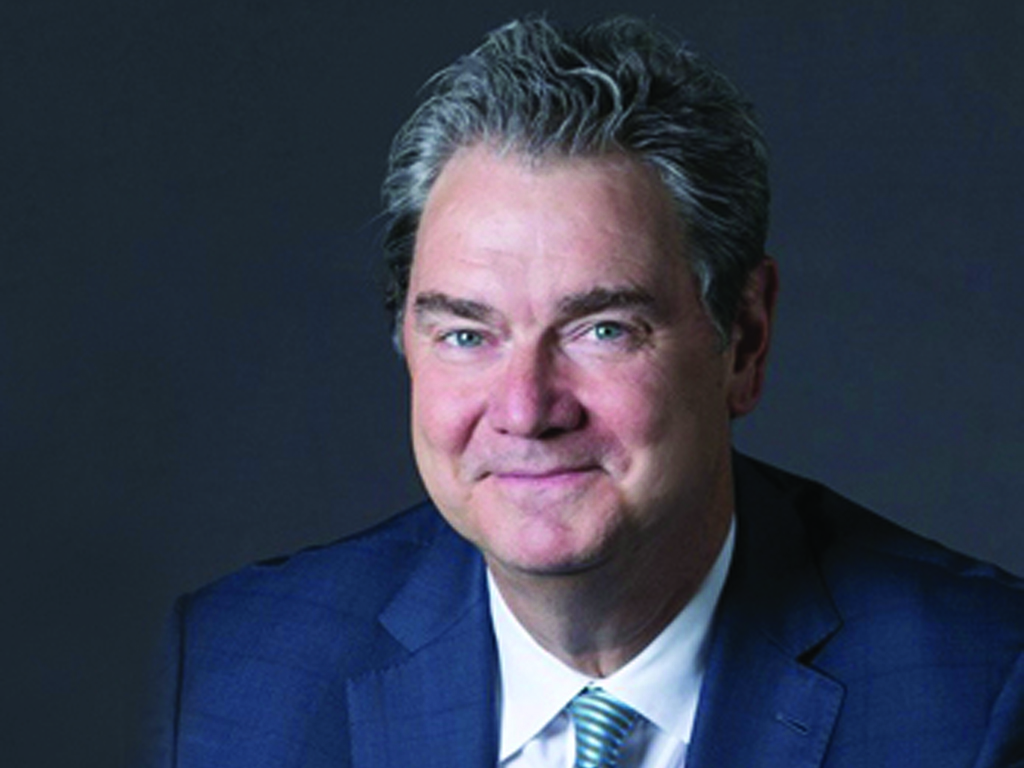
The process of translation of Gaelic names into English has produced some of the strangest Irish names. Translation usually took the form of a phonetic rendition of the Gaelic “sound” into English spelling. Clerks preparing official documents were often unfamiliar with Irish and therefore imposed this change. Thus O’Domhnaill became O’Donnell, Mac Carthaigh became McCarthy, O’Riain became Ryan, etc. However, other names have not had such an obvious treatment: McElwee is the anglicized form of Mac Giolla Buidhe, Sexton is the anglicization of O’Seasnan (a similar name is found in England, but Irish Sextons are generally from the above origin); Collins is the Anglicized form of O’Coileain; Moore or O’Moore is from the Gaelic O’Mordha.
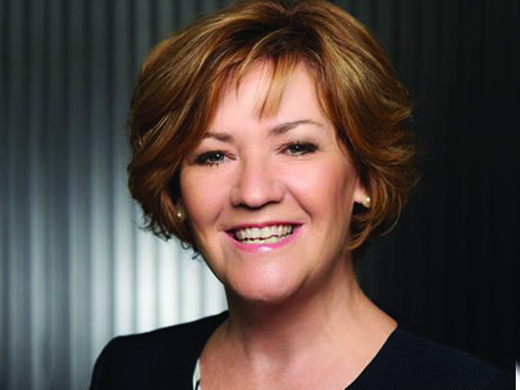
A further complication arises when the “O” or “Mac” is dropped, as they commonly were during the periods of the 18th and 19th centuries, when being obviously native was not advantageous. Many of the families who had dropped their prefix during these periods restored them again in the
latter end of the 19th century, when the Gaelic revival movement was active. With some names, however, the prefix did not sit well, and has hardly been restored at all. For instance, it is rare to find a Carthy, Manus, or Allister since all of these names invariably have a “Mac” prefix, as does McGuire, McNamara, and McMahon. The Ryans, Murphys, Kellys, Doyles, Donnelly, Foleys, Hogans and many others have generally not restored the “O” prefix that was originally theirs.
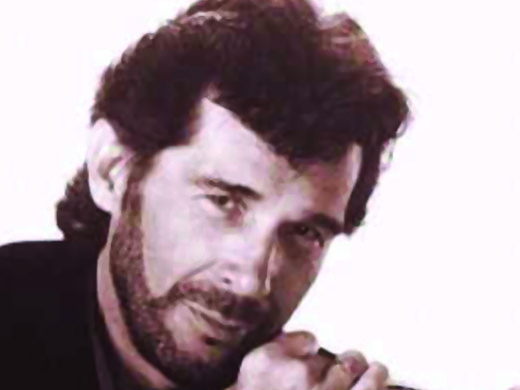
A further cause of name variation was the process of translation (often incorrectly) of Irish names into English. This was done to make the names more English-sounding. The many Smiths in County Cavan, for instance, are almost all originally McGowans or O’Gowans, gabhan being the Irish for blacksmith. Similarly, the many Fox families are derived from translations of names like O’Sionnach, which can be translated as “fox.”
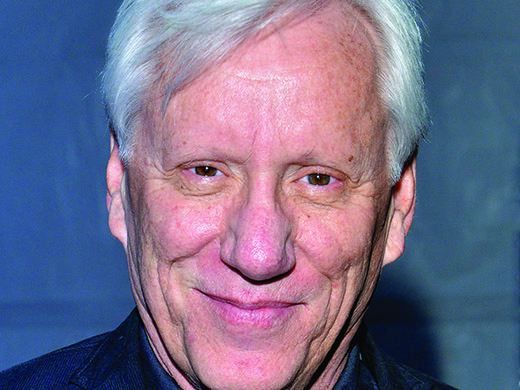
Many of these translations are completely incorrect in regard to the original meaning of the Gaelic name. Thus the name Bird derives from the Gaelic name McEneany or Heany, from the fact that part of the name (ean) resembles the Gaelic word for “bird.” Similar pseudo-translations have led to the names Kidney (from the Irish O’Dubhain, which resembles the word for “kidney”); Oates (from the Irish O’Cuirc, which is also translated phonetically into the name Quirke); Peoples (from the Irish name O’Duibhne, which resembles daoine, the Irish word for “people”);
Rabbitte (from the Irish O’Cunneen); Woods (from various Gaelic roots such as Quill, which resembles coill – the Irish for “a wood,” and also from other names which sound like various types of wood); Waters (from the Irish O’Fuarisce, uisce being the Irish for water); and Salmon (from the Irish O’Bradan).
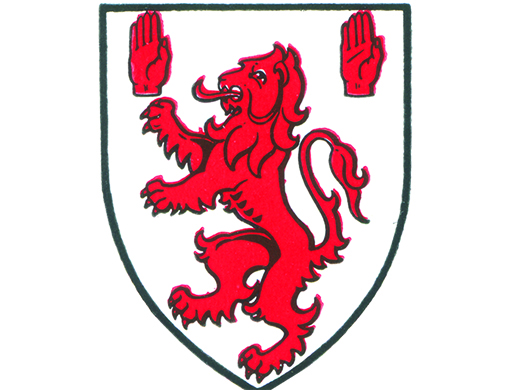
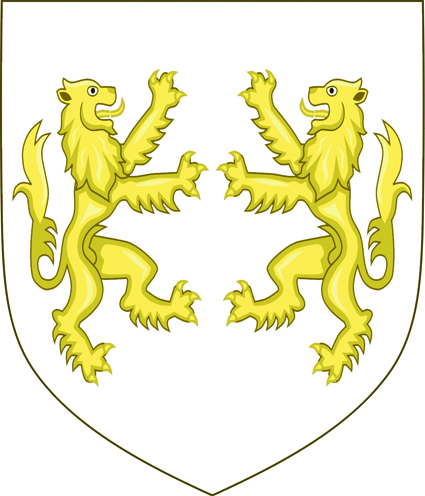
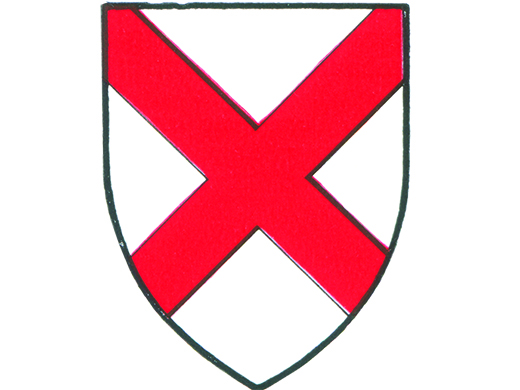
Another process of change was to convert Gaelic names into English names or words that sounded somewhat similar. Thus the Irish Byrne became the English or Scottish Burn, Downey became Downing, Quirke became Kirk, the Gaelic O’Maoileidigh became Melody. Some branches of the Lehanes and Lynes became the English Lane, the Irish O’Maolbhearaigh became Mulberry, and the Irish O’Cafaigh became Coffey.
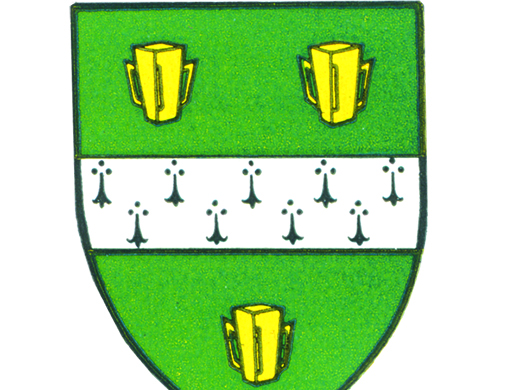
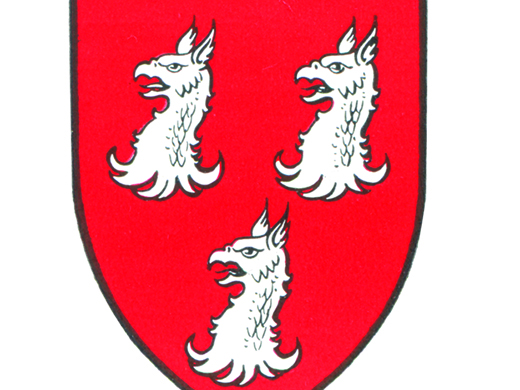
Add to all of this confusion the extra complications which must have arisen when emigrant families arrived at immigration ports and had their names taken by clerks of varying nationalities, and you may start to appreciate the variety of names that the Irish are blessed with. Sites like 23&Me and Ancestry.com have identified even more people of Irish blood that you’d never know from the surname – such as this year’s Business 100 keynote speaker, Paul Boskind. ♦

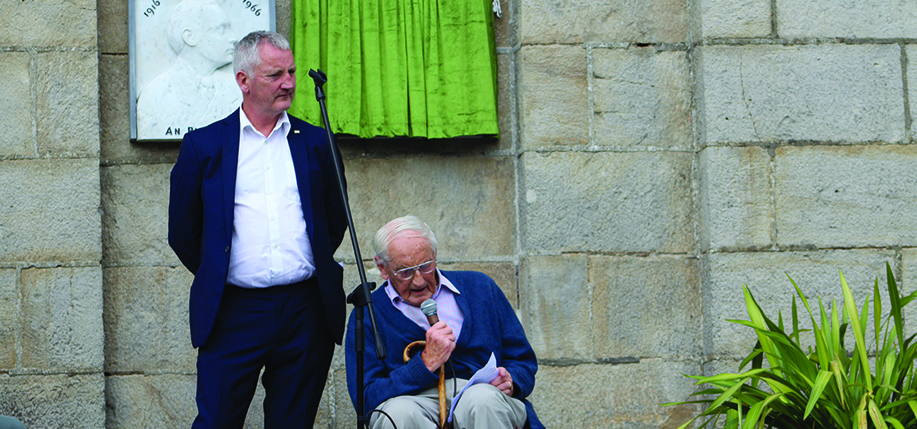
Leave a Reply